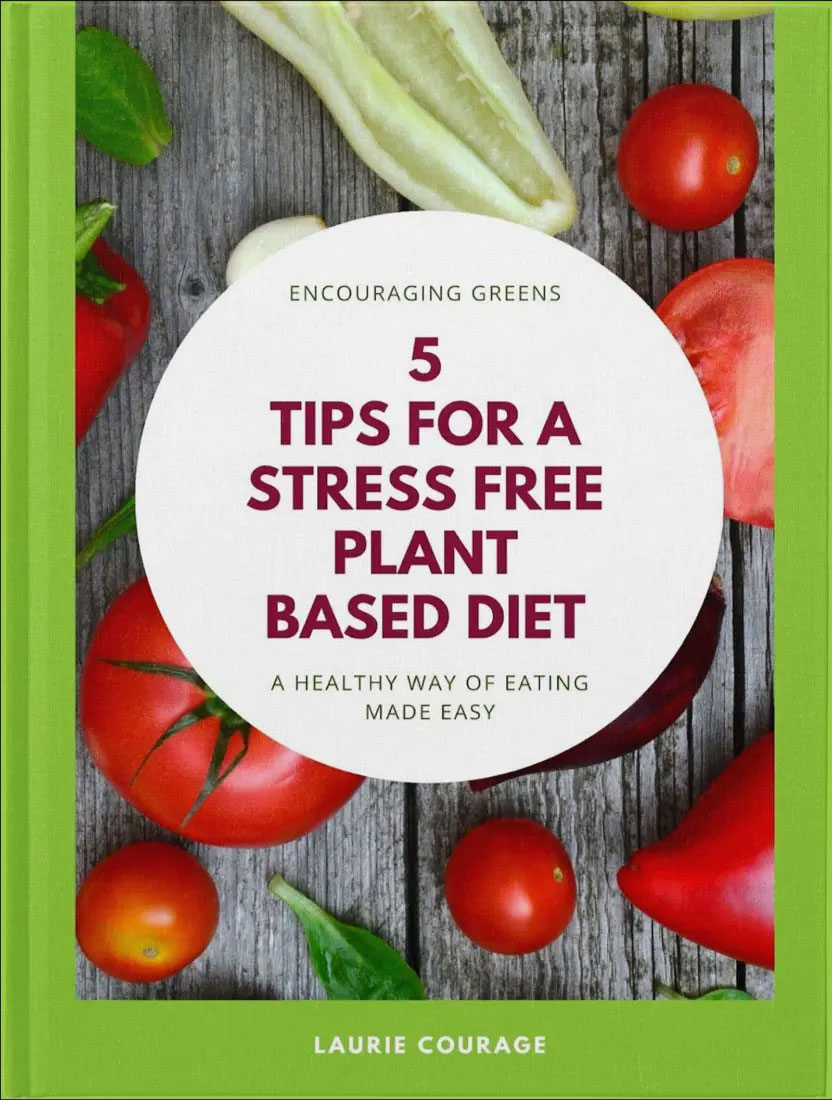Lately I find myself in many conversations, online and in person, with people who are thinking about eating a ‘vegan’ diet to get and stay healthy. While the animals and our planet will certainly benefit from their choices, when it comes to improving our health, we can do better, much better.
Eating a whole food plant-based diet is sooooo much healthier than just being vegan.
Wait, aren’t they the same thing? Explain please.
A vegan lifestyle is a moral commitment to not harm animals. No leather bags. No Down coats. No eating animals or products made from or tested on animals. However, not all vegan food options are healthy. Examples include Oreos, potato chips, deep-fried falafel, vegan butter, cashew-based cheese and soy protein bars. Eating out as a vegan, even at a vegan restaurant, often include dishes high in fats (nuts and oils), salt and/or sugar, e.g. Italian dishes drowning in oil, fried vegetable dumplings, nut-based cheeses and burgers that are impossible to think of as healthy.
A whole food plant based diet and lifestyle is a healthy way of eating based on whole plant foods, mostly vegetables, starches, tubers, legumes, and fruit without added fats, salt or sugars. It includes a variety of healthful foods, a rainbow of colors, delicious flavors, and delivers health-promoting results.
In his book, The Starch Solution, Dr. John McDougall devotes an entire chapter to the concept of ‘Fat Vegan’. He reminds us just how unhealthy a diet that is based on what we don’t eat – animals – can still be vs. a diet that is based on what we do eat – whole, plant-based, low fat foods. The fat you eat is the fat you wear, regardless of source. For example, did you know:
- All types of fats, including olive oil, have been shown to increase atherosclerotic lesions and increase blood clotting factor as much as animal fats do. (not heart healthy)
- Isolated soy protein, often found in vegan processed foods, increases IGF1 and accelerates aging and cancer growth. Soy in natural forms (edamame, tofu, tempeh) does not.
- Fake foods provide empty calories leading to weight gain but lack vital nutrients like fiber, minerals and plant chemicals.
As the popularity of ‘vegan’ diets increases, the number of ready-made vegan options at markets and restaurants do as well. Many fake foods are still loaded with salt, fat and sugar and in some cases may be even worse for our health.
So what does this mean for vegans and others who want to improve their health?
Eat healthy whole plant-based foods and cut out the ‘CRAP’ (calorie-rich and processed foods).
The more ingredients on the box, bag or can, the more shelf stable, more flavor-intense, more likely you will buy, well, more. Whole food often doesn’t come with a label. Ok, maybe just a sticker to show if it is organic, local and/or genetically modified. It has 1 or maybe a few ingredients (like a can of no salt added beans with just beans and Kombu, or soymilk with just soybeans and water). We refer to this way of eating as Whole Food Plant-Based (WFPB) or Whole Food Plant-Based No Oil (WFPBNO). It doesn’t have a catchy name and isn’t consistently marked this way on a restaurant menu or food label, though that is starting to change. (Encouraging Greens is proud to be a WFPB certified service business!)
Processed food is big business. The industry wants us to get bigger too.
Many natural and organic food companies have been bought by larger companies who in turn sometimes reformulate the natural ingredients. Here is a graphic showing many of the food connections as of a few years ago from Philip Howard at Michigan State University. Recently, companies and industries have been forming around creating fake meats made from isolated plant proteins full of fat, salt and sugars, just like the unhealthy foods they are trying to replace. Jeff Novick RD wrote this excellent post: Beyond Meat or Beyond Health. The addition of more vegan processed and junk food options is not likely to make us much healthier anytime soon.
Don’t be fooled.
Become an expert at reading labels, using whole ingredients and making smart choices when eating out*. Your health may depend on it.
Don’t get me wrong. Vegan options are a step in the right direction. But why stop there, especially if we can easily batch up and freeze some whole food burgers or grab a burrito without added cheese or oil for a heart-healthy meal. There is a difference.
*If you need support, I offer classes and coaching programs that can help.

